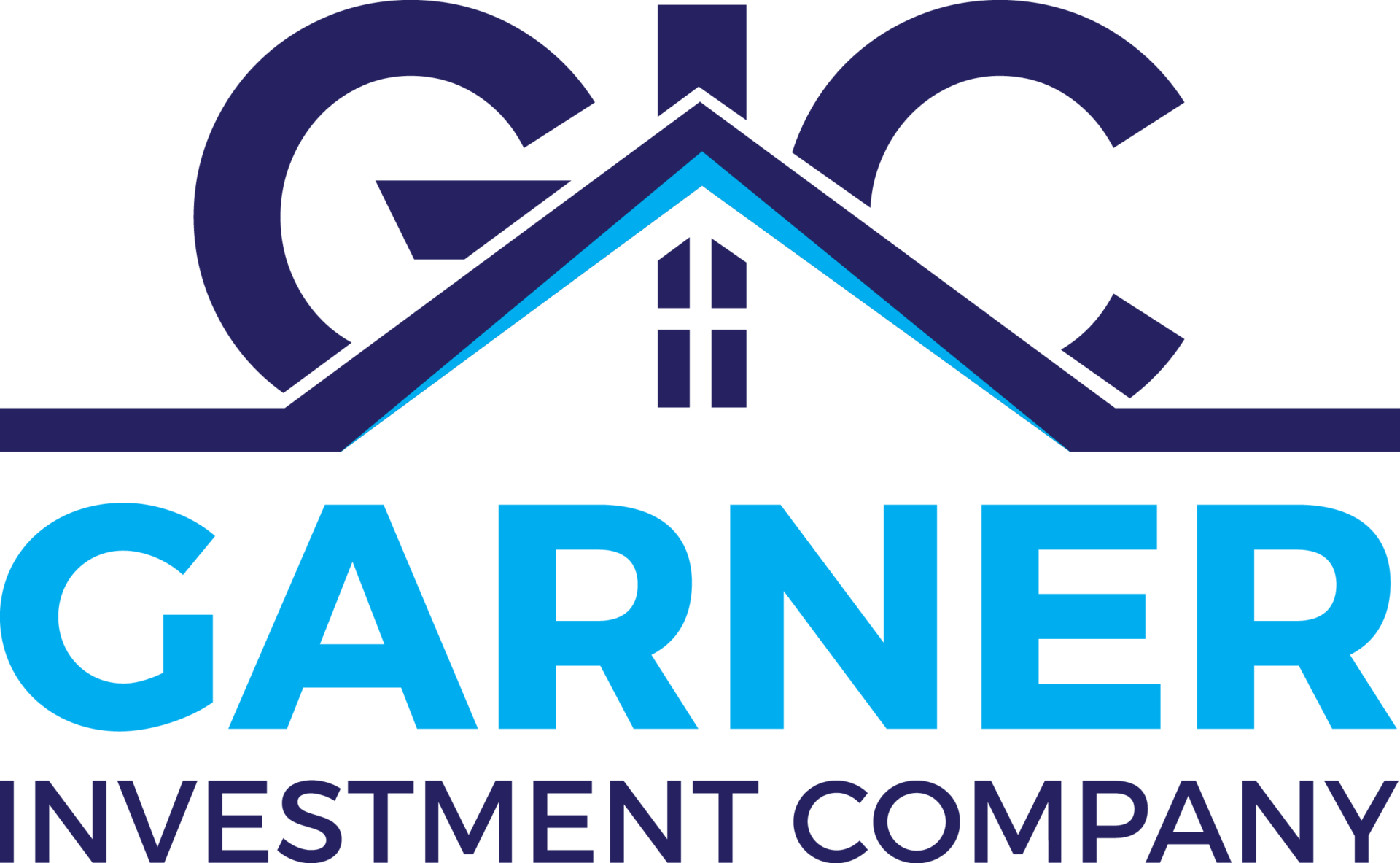Whether you’re an investor or buying a home to live in, you have to have money to make the purchase. And very few of us have enough capital to just pay cash, so we usually have to borrow at least some of the money. With all the financial jargon and all the hoops to jump through, the whole business of financing and mortgages can seem highly complex and more than a little intimidating. But if you know ahead of time what to expect and understand the basics, it’s really not all that difficult. So here is our beginner’s guide to financing property in Garner.
Amount You Can Borrow
The first thing you’ll need to determine before ever looking for a property is how much you can borrow because that will tell you your price range. The amount you can borrow will, of course, depend on your income and other outstanding debt, but it will also depend on the interest rate and the property’s insurance and tax costs.
To determine your maximum monthly mortgage payment, lenders typically use two debt ratios. The first one is called the front-end ratio and examines the monthly mortgage payment as a percentage of your income, with 28% or less the desired ratio. The second is the back-end ratio, and this one includes the monthly mortgage payment and your other monthly recurring debt obligations, which lenders prefer to be 36% or less of your income.
Amount You Can/Should Pay Down
When financing property in Garner, the amount you can pay down is not always the amount you should pay down. The standard down payment across the industry is 20% of the purchase price, but you can, in fact, buy a home with a much smaller down payment. What you have to consider when figuring your down payment is how much cash you need to keep in reserve for other home purchase related expenses and for emergencies. You’ll need to budget for repairs and upgrades, and you always need to keep cash on hand for auto repairs.
Interest-Rate Options
Interests are a chief concern when you’re financing property in Garner. The two basic interest-rate options are fixed-rate and adjustable-rate.
With a fixed-rate mortgage, you will pay the same set interest over the entire life of the loan. This is a good option for people who can get locked into a low rate and want a predictable monthly payment for budgeting purposes. An adjustable-rate mortgage, on the other hand, has a fixed rate for (usually) the first five years, and then the rate can change. The adjustable-rate mortgage usually begins with a very low interest rate and then often goes up. This is a good option if you don’t plan to keep the home for more than just a handful of years.
Life of the Loan
Another important consideration for financing property in Garner is whether a 30-year or a 15-year loan will be better for you. Traditionally, most people have opted for a 30-year mortgage, primarily for the sake of the lower monthly payments. But another route is a 15-year mortgage. You will have higher monthly payments, but you’ll pay a lot less in the long run, and you will pay off the note much sooner.
Types of Mortgages
Another thing to consider is the type of mortgage that best meets your needs. Some of the more common ones you can choose from include:
- Standard conventional/conforming – This is the type of mortgage that most people are familiar with. It conforms to Fannie Mae and Freddie Mac limits and standards and is not federally insured or guaranteed.
- Jumbo – While also not guaranteed by the government, this type of mortgage can exceed Fannie Mae and Freddy Mac lending limits and so is considered a non-conforming loan.
- FHA – This type of loan is governmentally insured, and, as a result, typically has looser credit standards with lower down payments required.
- VA – Most people are at least a little familiar with VA loans. They are backed by the U.S. Department of Veterans Affairs and have several advantages for those who qualify, including no down payment.
- USDA – Implemented to encourage rural home buying, USDA loans have no required down payment, but the fees are fairly steep.
Buying a home will likely be the largest financial transaction of your entire life, so financing property in Garner is a big step – one that may affect you for years to come. So you really do need to purchase the home that is exactly right for your needs and financial situation.

